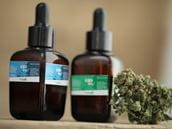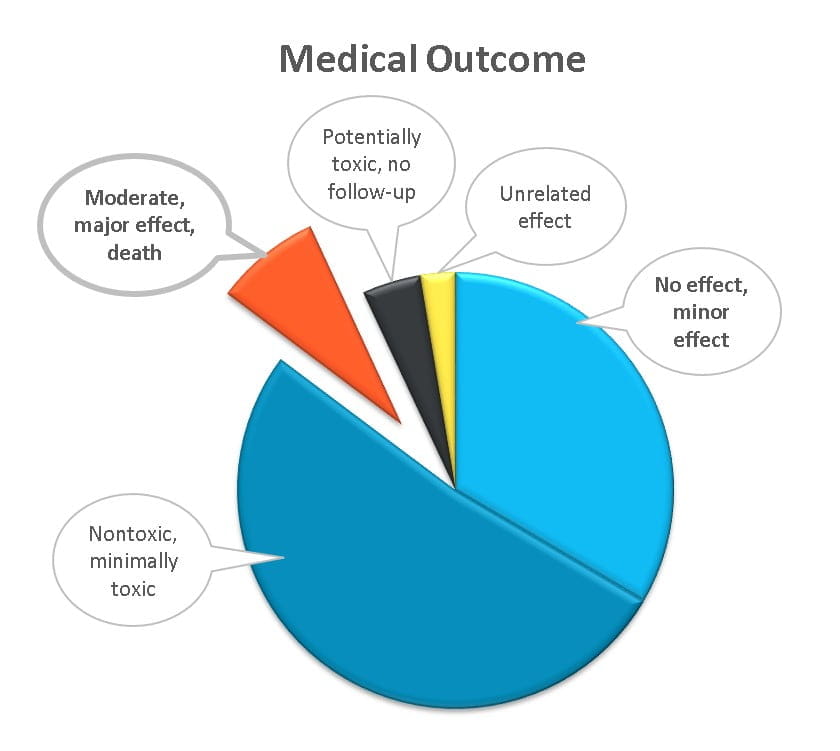
Drugs for Dementia
A decline in cognitive function can occur with aging and, if it interferes with daily activities, it might be diagnosed as dementia. Several drugs can produce small improvements in dementia symptoms. Adverse effects of these drugs occur frequently, and evaluation in a healthcare facility is often necessary if a person takes too much.













